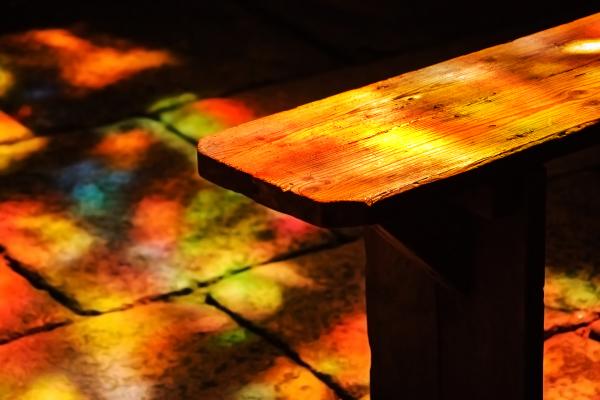Andrew W.K. at the Village Voice received a question from someone whose brother was diagnosed with cancer. In his grief, he is frustrated by his grandma’s prayers and sees them as “superstitious nonsense.” Andrew’s brilliant response is a very worthwhile read, in which he positions prayer as a posture of humility, a deep realization of our smallness.
When senseless tragedy occurs, people of faith often rush to explain and control. As finite human beings, we are limited in our knowledge and power, which makes us uncomfortable. When we encounter something incomprehensible, we are driven to explain it. When a situation reels out of control, we long to control it. We invite God to fill those gaps of our discomfort, our lack of understanding and control.
We look for redemption stories, the ways God is bringing about good through a tragic situation. We do this to avoid letting the grief overwhelm us. Like grandma, we pray because we are hoping to claim some power in our helplessness. Our prayers end up being more beneficial for ourselves than the person we are actually praying for.
Unfortunately, what happens then is we cease to need God beyond the quick explanation. We’ve tidied up the situation with reverent prayers and spiritual meaning. We’ve quickly salvaged the ecosystem of our faith despite a tragic intrusive incident — our belief in the God of the gaps remain intact. Everything stays the same. When we do this, we are making God into an idol, one that explains and controls according to our sensibilities.
Read the Full Article

